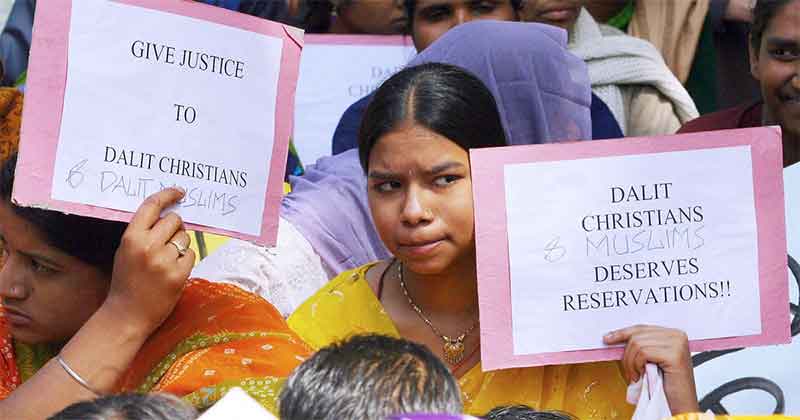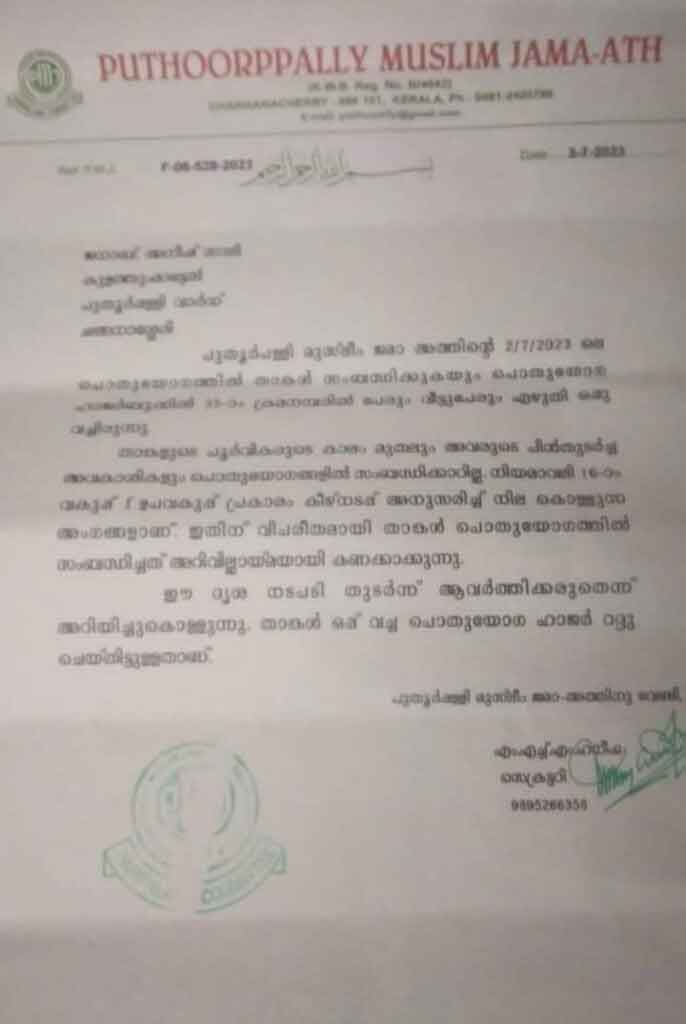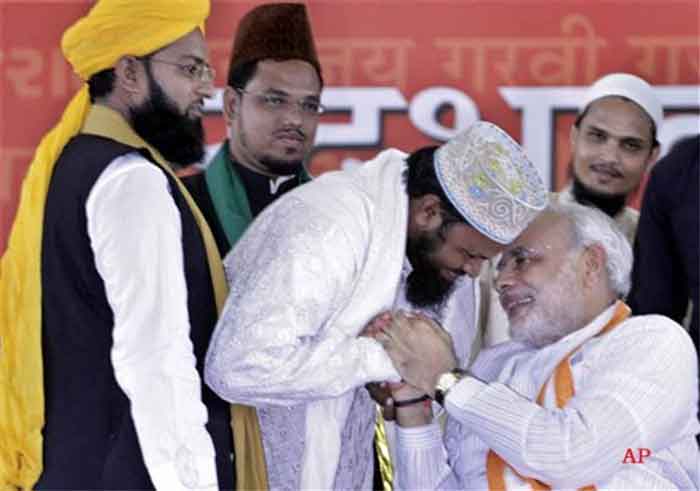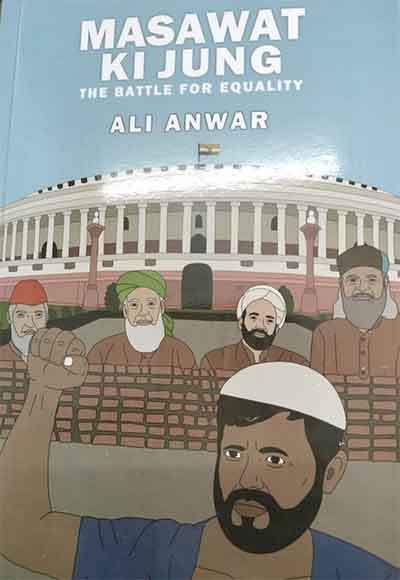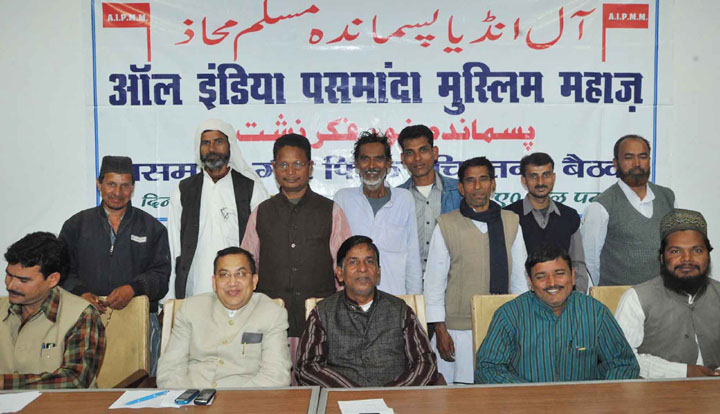
The latest speech of our prime minister that he gave at the election rally in Rajasthan was not only factually wrong but also immoral, indecent, and hate-mongering against all Muslim citizens. It can add to the demonic image of Muslims in the young minds of our country. It has generated anger, outrage, and frustration among Muslims as well. However, his following speech claiming the upliftment of Pasmanda Muslims has generated more outrage in me and prompted me to communicate with you about the futile way we are being led. Poverty and lack of education are the major causes positively associated with the number of children in a family. Hence, the “Zyada Bachche Paida Karne Wale” were largely poor or Pasmanda Muslims. Paradoxically, our prime minister insulted Pasmandas on one hand and, on the other, tried to present himself as a potential Messiah for them.
Being Pasmanda Muslims, my parents migrated to Ahmedabad from Telangana in search of work in the textile mills. Due to their anxiety about survival in the new urban culture, they and their community members changed their titles (surnames) to Ashrafs like Shaikh, Pathan, and Saiyed. They lived in slums developed around their workplaces, where getting decent housing, clean water, health facilities, and education was extremely challenging. Due to their extraordinarily difficult living conditions, many families lost their children, including my parents. Apart from losing, having children with disabilities and mental disorders was “normal” in this community of migrant Muslims.
On the other hand, people from dominant communities exploited them and sometimes physically abused them. They were not literate enough to complain or express themselves well enough before the police. Hence, most issues and disputes were resolved in the local committees, where dispute settlers were largely inclined toward powerful parties. They lived in an environment where other dominant communities harassed them for using open and public resources like footpaths, grounds, roads, and so on.
Given their vulnerable situations emerged from poverty, migration, illiteracy, and marginalization, they felt insecure, unsafe, and anxious. Having more children was not a choice but an essential strategy to survive. Children were perceived as assets that could become voices for them in the community and society, muscles that could protect them, money that could feed them in their old age, and partners who could live with them, communicating in their language and following their cultural practices and customs. Yes, children were “Allah Ki Den,” but for what? For their better future, they believed.
Acknowledging their experiences of the feudal social system, the exploitative economic system they interacted with, and the irresponsive institutions they kept observing, I empathize with them. They indeed had to go through immense hardships to raise four children in financially, socially, and mentally exhausting situations. However, they chose the path of suffering in the hope of better outcomes in their later age. My parents’ desperate attempts to control my beliefs, behavior, and evolving rebellious thoughts were indicative of their expectations.
Despite their hardships, they never gave up on us and put their best efforts into our education. We could complete bachelor’s, professional, master’s, and (my) doctorate thanks to their overtime work, the people-centric policies of previous governments, and the generous support of some enlightened individuals (mainly from the Hindu community) in our struggle. Our poor and never-attended-school parents had five children, one of which they lost. As first-generation learners, we now have five children between our four families. The average of 5.0 children per family has reduced to 1.25 in passing off just one generation. The primary reasons behind this drastic change are higher education attainment and our exposure to the larger society. Not only us but many of my cousins who have attained higher education and got employment have two or fewer children. Education and exposure have empowered us enough to deal with our challenges by using the language we have learned and the different perspectives we have understood. We can write a complaint, speak our minds, convince people with our possibly logical arguments, and survive on our own. Education and exposure have trained us to make less harmful decisions and try to think in larger contexts.
Hence, even if you think some Muslims are guilty of producing more children, the real culprits are poverty, lack of education, and marginalization. Suppose we wish to control the population. In that case, we have to eliminate poverty through our economic policies, provide better opportunities for education to all citizens, and bridge the gap of class, caste, religion, and gender between the citizens prevailing in our country through participatory efforts.
Instead of working on those structural issues, efforts are being made to reinforce them. The present government has stopped our scholarships, barred our girls from entering schools and colleges (due to their cultural practices), and contributed significantly to decreasing our higher education rate. We are being kept in the utmost fear and anxiety, where we would need more muscles (children) to survive. All these moves are pushing us back to the same place we have been trying to get out of through our collective efforts. In this way, the politics of othering is failing all of us. Poor and Pasmanda Muslims have suffered the most due to these divisive and hateful politics and directionless economic policies. From the lynching on roads to dropouts from schools and colleges, the Pasmanda Muslims have been on the receiving end. And yet, claiming to have worked for the welfare and upliftment of Pasmandas is nothing but a blatant lie.
Despite being aware of the caste oppressions our ancestors experienced and decided to convert to Islam, we do not wish to blame or disrespect any citizen from the forward castes. Similarly, witnessing the Ashrafical hegemony responsible for our parents’ undignified life experiences, we do not wish to disengage with any Ashraf Muslim. We can not be the prisoners of history that the politics of otherization wants us to be. Instead, we want to engage with all citizens. We do not carry grudges and hate but aspirations of a better common future that we can fulfill only by working collectively.
We all indeed carry the pain and traumas of the past, but it is also true that in the present, many of us have helped each other heal those traumas and pain. I could attain my doctorate and work today not only because the economic conditions of my parents somewhat allowed them to invest in me but also because individuals from so-called upper to lower castes, Ashraf to Pasmanda, women and transgender people contributed to my journey, and because I could get recognition and acceptance from people around me.
Beloved fellow citizens, I have something to say: let’s engage and work together to eradicate poverty and other structural and systemic issues, let’s help and support each other to regain the mutual trust that we have lost, and finally, let’s reject the politics of hate and divide for our better common future.
Dr. Ajazuddin Shaikh is a research associate at the Indian Institute of Management Ahmedabad and a civil society activist. He works with marginalized communities, including street children and adolescents, on the issues associated with substance use.

